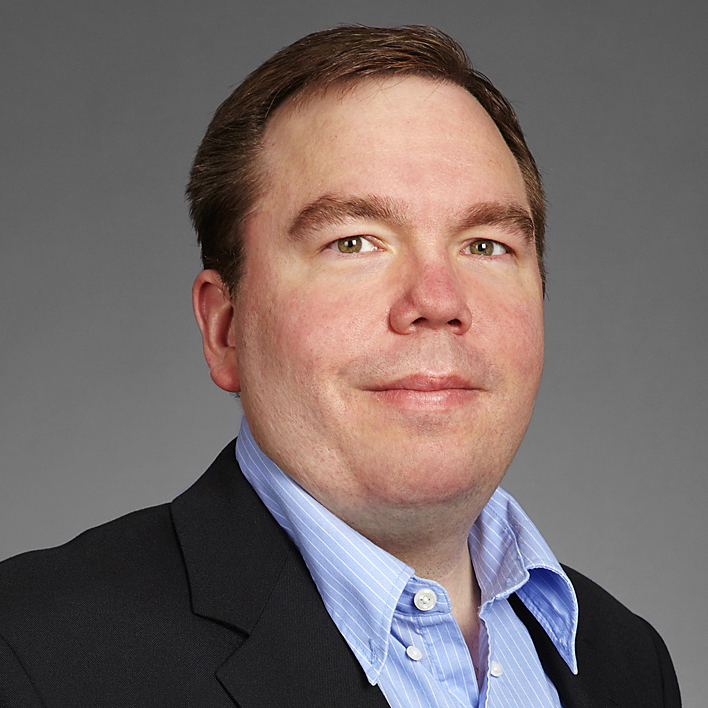
Q&A: Kevin Magee, chief security and compliance officer, Microsoft Canada
Alanna Fairey
Features Data Security kevin magee microsoft canada On the Clock
Kevin Magee, chief security and compliance officer at Microsoft Canada, recently sat down to talk to Canadian Security about the gaps in the cybersecurity industry and how to match young, smart job seekers with potential employers. Watch an “On the Clock” video interview with Magee here.
This conversation has been edited for clarity and concision.
Canadian Security: How can we promote more diversity for the cybersecurity industry?
Kevin Magee: When we think of diversity, it’s cultural, or it’s gender — but it can go beyond that. It’s an industry where more points of view are really necessary. When I think about challenges we have like ransomware, it’s criminal adversary, and we have computer science folks that are trained with a certain point of view that couldn’t put together a heist stealing a pack of gum, let alone start to think like an adversary. Having different educational backgrounds from the arts terminology and different ages as well. One of the things that I’ve done is I have reverse mentors, where I have folks under 20 that are emerging leaders that asked me to mentor them, and I ended up learning more from them, than they have from me. I’m looking to formalize an Emerging Leaders Advisory Board of young folks that will advise and help me build a security program. It’s not just about gender or background or whatnot. We need to think differently about diversity, and we need to think about it actively. We need to make it a priority, and it needs to be part of our skills gaps analysis, and our strategic thinking.
CS: How can today’s leaders prepare the next generation of industry leaders?
KM: Give them a chance. That’s the No. 1 thing. It’s discouraging to come out of university and you look at the jobs, and college and whatever your training program is, it asks for five years’ experience. These technologies have been around for five years, so the person that invented the technology might not even be qualified to apply for this entry level job. We need to rethink what the skills gap means. I don’t think there’s a skills gap — there’s a gap in understanding. There are qualified, exciting and intelligent people out there looking for work, and we, as employers, need to really think what is it that we actually need. It’s on us as the current cohort of leaders to think differently to give a chance to some of these folks. Every time I’ve given a really smart, intelligent clever tenacious young person a chance, they’ve always surprised me and done incredibly well. Someone was also there to give me a chance at some point, and someone was there to give each of us a chance. We need to be those people. We need to think differently, and let them guide us in many cases as well.
CS: For those new graduates who are looking for opportunities and work experience, what kind of programs or initiatives are out there?
KM: We’ve really seen a lot of education institutions working with companies like Microsoft to say what what do you really need, where and what are the skills look like, and also giving us an opportunity to inform them a little bit. We have very candid discussions, which is fantastic, where I look at what they’re teaching and say, this is great but, I mean, it’s so out of date. The best advice I can give employers is spend time with students, set up an advisory board, or just ask them, you know what, what do they want because often we’re offering salaries or perks that are not in line with the needs of the incoming generation. They have different things that they aspire to in their careers than my generation did yet we’re still really designing compensation plans [based on] the job description for my generation, I think we really need to challenge those assumptions and think differently. That’s where it’s hard to give up that control. We have a lot to learn, even though we’ve been in the industry for a very long time. [New graduates] have a lot to teach us and we need to take advantage of that.
CS: what advice do you have for emerging leaders?
KM: The future of our industry is not going to just be technically efficient. Most of the young folks are interested in proving how technically efficient they are. But … it’s a much different set of skills leading a red team or security team and leading a sales and marketing team or an engineering team. There are unique skills that are needed so don’t ignore those soft skills, and the other ones like communications. I have a history degree. I think that makes me an excellent cybersecurity professional because I know how to do research, how to form a thesis in my arguments; I can communicate very well and I can express my ideas or get a business case across. We have over-pivoted to technical skills and ignored those other skills. I think there are differences, but people skills and leadership skills, communication skills are just as important. That’s really where I think I have excelled in my career — by having that balance — and something I would really like to see the next generation of leadership keep in mind as they develop their careers.
Print this page
Advertisement
- OPINION: K-12 schools need to take cyberattacks more seriously
- Ministry tells Ontario school boards to prepare for possible remote school
Leave a Reply